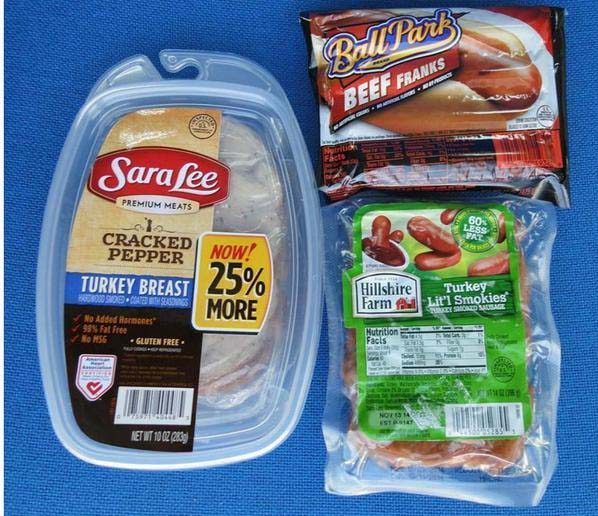
Qatar imported nearly 2.6 billion kg of food last year – the equivalent of almost 3kg a day for each of the 2.4 million people living in the country, according to official figures.
About 2 percent, or more than 5 million kg of the food, was either returned for not meeting import requirements or was declared unfit for human consumption, the Ministry of Public Health (MPH) said in a statement this month.
Of that, nearly 3 million kg of food was destroyed, while some 2.15 million kg of food was returned to the sending country, either by air (for food that would quickly spoil) or by sea. This included:
- 149 cartons of vinegar, for including preservatives that were not listed in the ingredients label;
- 1,392 cartons of frozen bread;
- 1,224 boxes of tomato paste, due to viscosity beyond the permitted levels;
- 149 boxes of pickles;
- 1,872 cartons of juice for not being transported in refrigerated vehicles; and
- 151 packages of honey.
Food was also rejected because the labels showed they contained pork or wine – both of which are banned in foods in Qatar.

Only “halal” food and drinks are allowed to be imported to Qatar. In recent years authorities have banned a number of popular products, including US deli meats and Loyd Grossman pasta sauce following queries about their halal credentials.
And in 2011, the GCC announced it was introducing new regulations on meat imports to the region, which would require certification that the animals were slaughtered in compliance with Islamic law.
Rotten food
Among the food that was destroyed by authorities was 4,700 boxes of spices, cakes, chicken, drinking water and cooking oil, according to the MPH’s statement.

Additionally, dozens of consignments of fish and meat detected to have undergone “changes in their natural properties” and drinks that were found to contain alcohol were also destroyed.
Inspectors from the ministry did spot checks on food imports during the year. They took a total of 7,162 samples from different shipments, and these were tested in the central food laboratories.
Nearly 9 percent (635) of these samples were rejected due to chemical and microbial infection.
The majority of Qatar’s imported food came into the state last year on ships through the Doha Port, which accounted for 901.5m kg.
More food is set to be imported through the new Hamad Port, which is expected to become fully operational by the end of this year, and handle some two million containers annually.

The land border at Abu Samra accounted for more than 898.3m kg of foodstuffs, while a further 738.3m kg was imported through Hamad International Airport (HIA).
The recently-opened Ruwais Port handled 216,850kg of food in the first two months of its operation, MPH added.
Thoughts?







